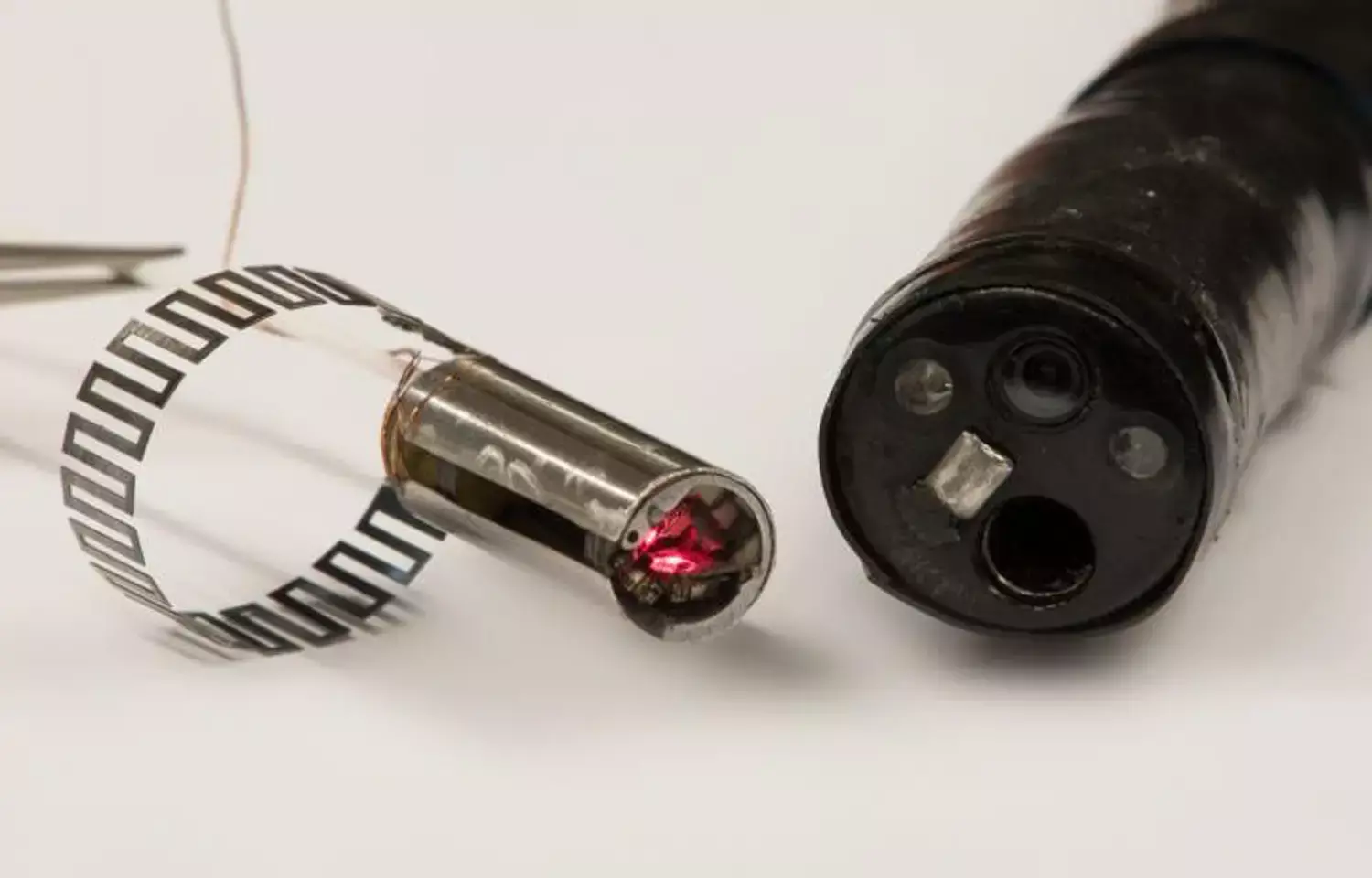- Home
- Medical news & Guidelines
- Anesthesiology
- Cardiology and CTVS
- Critical Care
- Dentistry
- Dermatology
- Diabetes and Endocrinology
- ENT
- Gastroenterology
- Medicine
- Nephrology
- Neurology
- Obstretics-Gynaecology
- Oncology
- Ophthalmology
- Orthopaedics
- Pediatrics-Neonatology
- Psychiatry
- Pulmonology
- Radiology
- Surgery
- Urology
- Laboratory Medicine
- Diet
- Nursing
- Paramedical
- Physiotherapy
- Health news
- Fact Check
- Bone Health Fact Check
- Brain Health Fact Check
- Cancer Related Fact Check
- Child Care Fact Check
- Dental and oral health fact check
- Diabetes and metabolic health fact check
- Diet and Nutrition Fact Check
- Eye and ENT Care Fact Check
- Fitness fact check
- Gut health fact check
- Heart health fact check
- Kidney health fact check
- Medical education fact check
- Men's health fact check
- Respiratory fact check
- Skin and hair care fact check
- Vaccine and Immunization fact check
- Women's health fact check
- AYUSH
- State News
- Andaman and Nicobar Islands
- Andhra Pradesh
- Arunachal Pradesh
- Assam
- Bihar
- Chandigarh
- Chattisgarh
- Dadra and Nagar Haveli
- Daman and Diu
- Delhi
- Goa
- Gujarat
- Haryana
- Himachal Pradesh
- Jammu & Kashmir
- Jharkhand
- Karnataka
- Kerala
- Ladakh
- Lakshadweep
- Madhya Pradesh
- Maharashtra
- Manipur
- Meghalaya
- Mizoram
- Nagaland
- Odisha
- Puducherry
- Punjab
- Rajasthan
- Sikkim
- Tamil Nadu
- Telangana
- Tripura
- Uttar Pradesh
- Uttrakhand
- West Bengal
- Medical Education
- Industry
Vaginal Laser Therapy not better than first line therapy for genitourinary syndrome of menopause in breast cancer survivors: JAMA

A new study by Eduard Mension and team found that CO2 vaginal laser therapy (CLT) for genitourinary syndrome of menopause (GSM) in breast cancer survivors who were receiving aromatase inhibitors was safe but not effective than first line care. The findings were published in the Journal of American Medical Association.
GSM is a common condition in menopausal women that affects the vagina and urinary tract, causing symptoms such as dryness, itching, burning, and pain during sexual activity. Breast cancer survivors who receive aromatase inhibitors may experience more severe symptoms of GSM due to reduced estrogen levels, which can exacerbate vaginal dryness and other related symptoms.
The study enrolled 72 breast cancer survivors with GSM who were randomized into two groups, one receiving CLT and the other receiving sham laser therapy (SLT) as a control. Both groups were instructed to use non hormonal moisturizers and vaginal vibrator stimulation as a first-line treatment (FLT).
The results showed that both CLT and SLT groups showed improvements in subjective and objective outcomes (sexual function, vaginal health, quality of life, vaginal maturation index, vaginal epithelial elasticity and thickness) after 6 months of follow-up, but there were no significant differences between the two groups in terms of efficacy.
The study found that CLT was safe, but tolerance was significantly lower in the CLT group than the SLT group. No differences in complications or serum estradiol levels were observed between the two groups.
The study adds to the growing body of evidence on the use of vaginal laser therapy for the treatment of GSM, but more research is needed to establish its long-term safety and efficacy, particularly in breast cancer survivors receiving aromatase inhibitors. While the results of this study are promising, more research is needed before vaginal laser therapy can be recommended as a first-line treatment for GSM in breast cancer survivors.
Source:
Mension, E., Alonso, I., Anglès-Acedo, S., Ros, C., Otero, J., Villarino, Á., Farré, R., Saco, A., Vega, N., Castrejón, N., Ordi, J., Rakislova, N., Ribera, L., & Castelo-Branco, C. (2023). Effect of Fractional Carbon Dioxide vs Sham Laser on Sexual Function in Survivors of Breast Cancer Receiving Aromatase Inhibitors for Genitourinary Syndrome of Menopause. In JAMA Network Open. American Medical Association (AMA). https://doi.org/10.1001/jamanetworkopen.2022.55697
Neuroscience Masters graduate
Jacinthlyn Sylvia, a Neuroscience Master's graduate from Chennai has worked extensively in deciphering the neurobiology of cognition and motor control in aging. She also has spread-out exposure to Neurosurgery from her Bachelor’s. She is currently involved in active Neuro-Oncology research. She is an upcoming neuroscientist with a fiery passion for writing. Her news cover at Medical Dialogues feature recent discoveries and updates from the healthcare and biomedical research fields. She can be reached at editorial@medicaldialogues.in
Dr Kamal Kant Kohli-MBBS, DTCD- a chest specialist with more than 30 years of practice and a flair for writing clinical articles, Dr Kamal Kant Kohli joined Medical Dialogues as a Chief Editor of Medical News. Besides writing articles, as an editor, he proofreads and verifies all the medical content published on Medical Dialogues including those coming from journals, studies,medical conferences,guidelines etc. Email: drkohli@medicaldialogues.in. Contact no. 011-43720751


